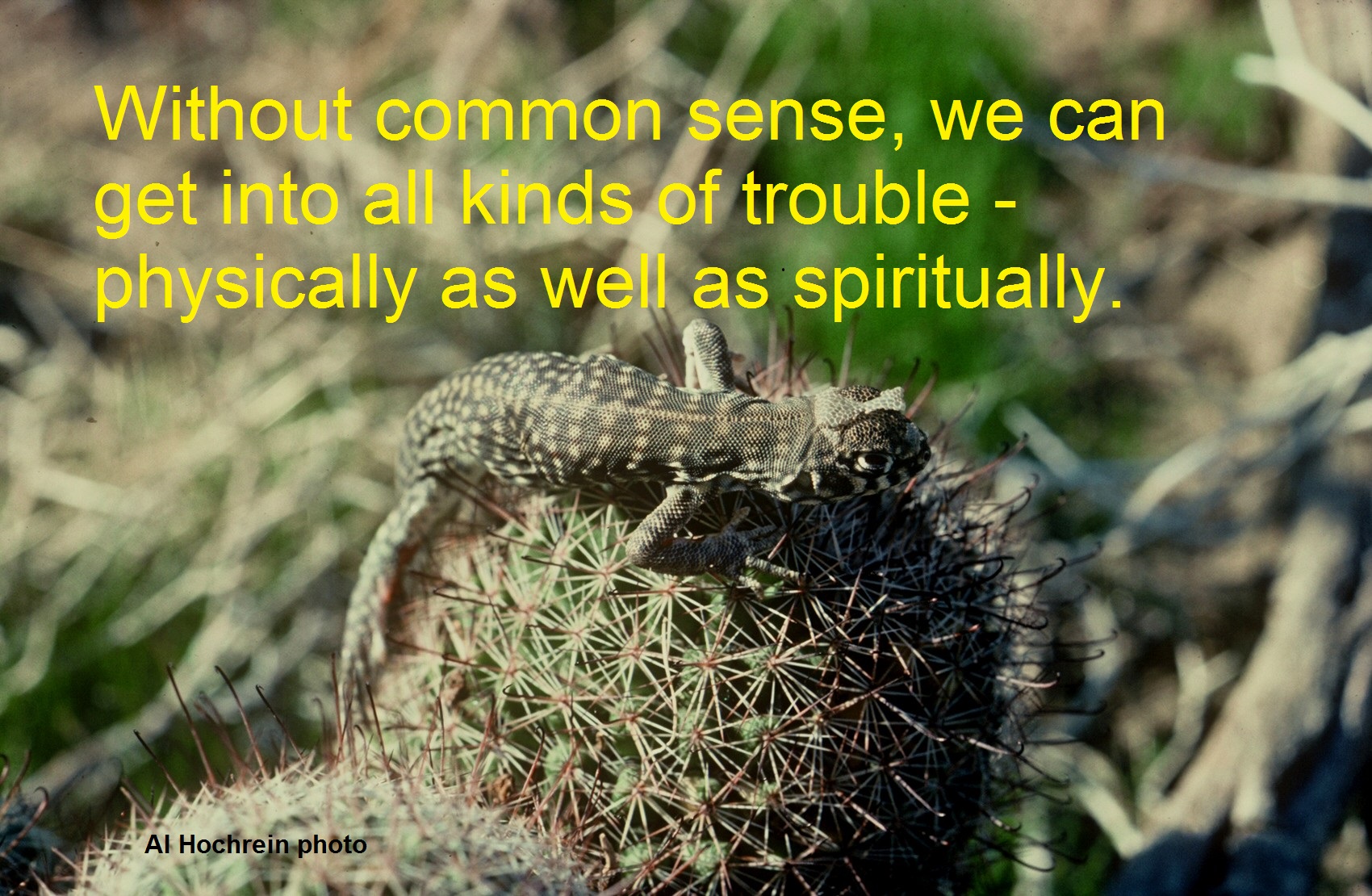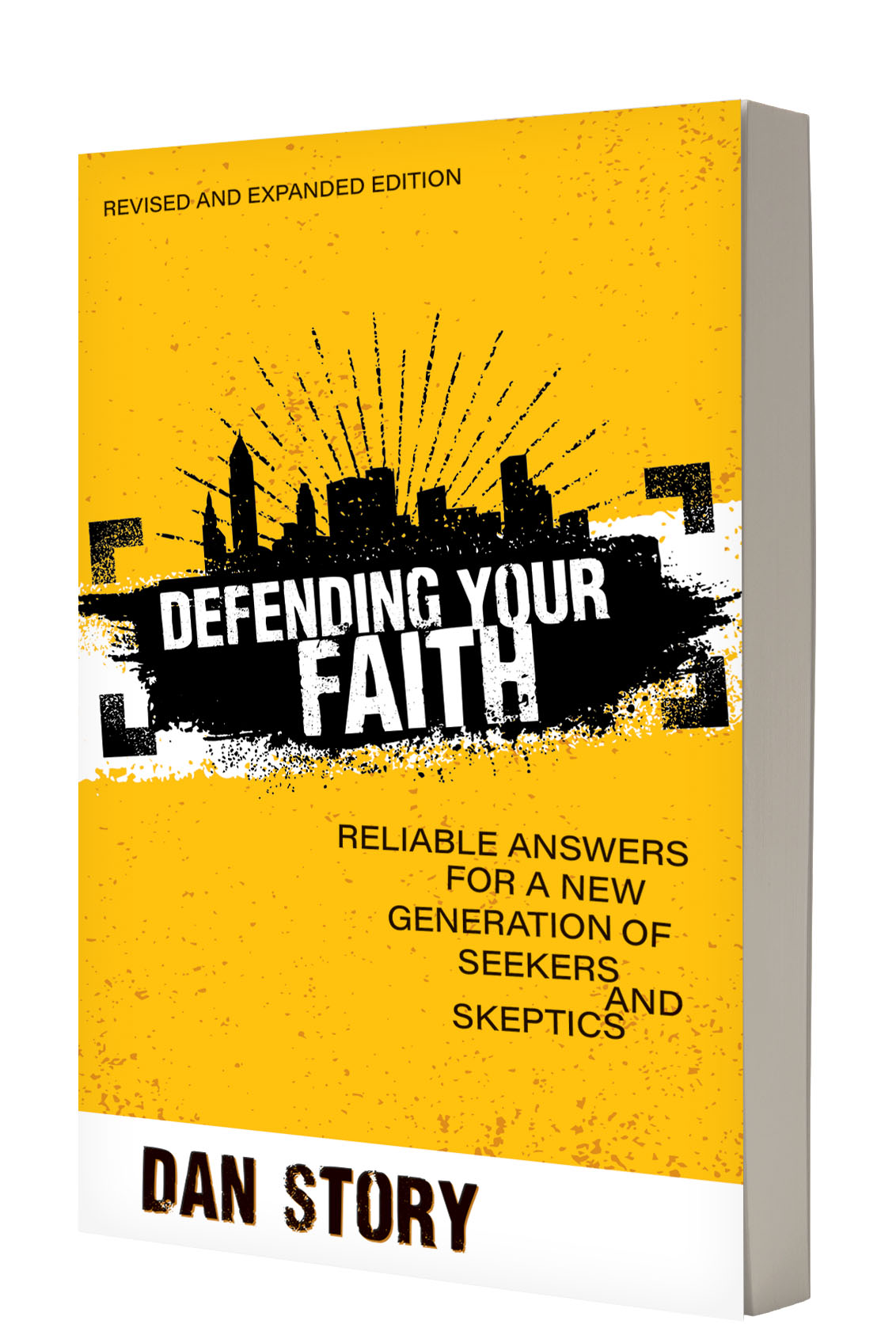
Part Three: How Did Moral Relativism Become Acceptable in American Culture; What’s Wrong with it Anyway?
Relativism is a cardinal doctrine of postmodernism, and its tentacles extend into virtually every aspect of American culture. This is especially the case with moral relativism, which is arguably the most common apologetic issue Christians bump into in everyday life. It is not the most important apologetic issue of our time; defending the reliability of Scripture and Jesus’ deity and resurrection are much more crucial issues. But moral relativism has permeated religion, ethics, entertainment, media, law, and essentially every other area of American society.
Conforming to the foundational postmodern presupposition that there are no absolute truths in any area of knowledge, moral relativism teaches that acceptable moral behavior depends on the circumstances that define it (situational). In other words, because people’s beliefs and experiences vary and are often culturally conditioned, moral “truth” is relative to individual preferences. Consequently, what was true in the past may not be true today, and what is true for some people is not true for others. For example, not many years ago homosexuality was considered a sin or sickness; today it’s a widely accepted alternative lifestyle. In the past, cohabitation was considered immoral, today its legitimate behavior.
To fully grasp how such a deviant view of morality evolved into prominence in American culture, we have to begin by understanding that the dominant worldview in America, at least since the mid-twentieth century, is secular humanism. Secular humanism is fundamentally atheistic—there is no God. Here’s how this evolved into moral relativism throughout much of western culture:
- If there is no God, people become supreme beings (humanism), and no higher authority exists to set absolute ethical standards (e.g. God).
- If people are supreme beings, moral behavior is determined by human feelings and experiences and what is sanctioned by their cultures.
- Since people and cultures differ in their opinions of certain moral issues (e.g. abortion, homosexuality, or ethnic genocide), and there is no absolute standard (God) to say which view is right and which is wrong, it follows logically that all moral perspective must be equally true (moral relativism).
In sum, if people are supreme beings, they and their cultures set moral standards even if they contradict one another. And you and I are expected to accept all views as equally legitimate because there is no higher authority to say that anyone’s views are wrong. Without God, there is no ultimate “good” to identify what is ultimately “bad.” Moral behavior is descriptive rather than prescriptive. It’s how we act, not how we ought to act. Sin in an absolute sense is nonexistent. ©
Next week we’ll explore how relativism plays out in religious pluralism.





 CHALLENGING SKEPTICS TO GIVE A SOLUTION TO EVIL AND HUMAN SUFFERING IS GOOD APOLOGETICS—HERE ONE WAY TO DO IT
CHALLENGING SKEPTICS TO GIVE A SOLUTION TO EVIL AND HUMAN SUFFERING IS GOOD APOLOGETICS—HERE ONE WAY TO DO IT

